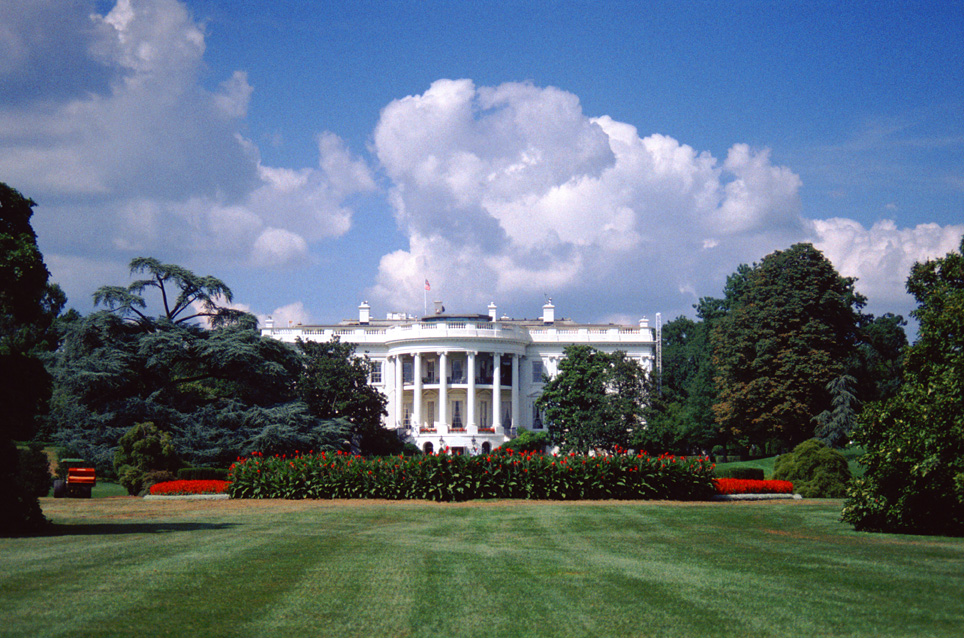
Will Our Next President Promote Fairness for Everyone in Our Fragmented Society?
Stanley Carlson-Thies April 26, 2016
Americans increasingly have different, even divergent, convictions about very basic matters, including the goodness and roles of faith-based organizations and how the law should deal with our deep differences about human sexuality. We count on presidents to give leadership that works towards public justice: fair treatment for all of society in our diversity of beliefs and our diversity of organizations. Yet it is hard to discern that goal in the current presidential campaigns.
The campaign debates and statements have been full of proposals in which religious freedom is in fact a key dimension but it has often been a silent factor. To be sure, the American heritage of religious freedom was widely and loudly proclaimed after Republican candidate Donald Trump made his statements about blocking refugees from Muslim countries for a time. But what does religious freedom require in the daily operations of government, where the uniform demands of laws and regulations confront the diverse practices of faith-based organizations aiming to be faithful to one or another specific conviction about how best to serve their neighbors?
Or the diverse practices of companies that are in the marketplace to offer services to all, but in some particular way that is shaped by some particular religious belief? For instance: would Democratic candidate Bernie Sanders’ promise of free college for everyone spell the quick death of most private colleges, including religious ones, because it is hard to compete against “free”? Or would the government pay to make private colleges free, too—and if it did, would it ensure that religious colleges could continue to be religiously distinct in curriculum and community life expectations?
Faith-based organizations and, for that matter, houses of worship with wide-ranging programs of service to their neighbors, are essential elements of how Americans receive health care, education, drug treatment, help to reenter society after prison, emergency shelter, and much more. In recognition of that reality, President Clinton and the Congress adopted in 1996 special Charitable Choice provisions to ensure that religious organizations could partner with government to provide welfare services, without losing their religious identity. In the 2000 election, the presidential candidates of both parties, Clinton’s Vice President Al Gore and Texas Republican Governor George W. Bush, competed to support the expansion of Charitable Choice, with Gore speaking out first. Bush, as President, extended the Charitable Choice principles throughout federal social service programs via Equal Treatment regulations. And Bush created the faith-based initiative to ensure that faith-based organizations are not excluded from federally funded programs nor neglected as unique government partners for social services.
In 2008, candidate Barack Obama surprised many by declaring his intent to continue the faith-based initiative, and as President he has both maintained the White House faith-based office and supported the Equal Treatment regulations (which were just recently updated in accordance with Obama’s proposals).
But in this presidential election season, the faith-based initiative, vital though it is to maintain a positive relationship between government and civil society, appears to have been forgotten. Nor has there been much, or constructive, talk about how the next administration will deal with the crucial issue of assuring the religious freedom of faith-based organizations as federal law changes in the push for LGBT equality.
Faith-based organizations generally, whatever their religious convictions about human sexuality, are not against people who don’t share their convictions, and yet they naturally desire to operate consistently with their deeply held religious beliefs—the beliefs that motivate them to serve. Maintaining internal practices consistent with those beliefs cannot rightly be labeled discrimination, any more than it would be right to change the current law and begin to prevent religious organizations from evaluating job applicants based on their compatibility with the faith organization’s religious beliefs.
Yet for our society to get to a place of mutual respect—not only protecting LGBT people but also religious organizations whose convictions about human sexuality have now become unpopular—will require strong and insightful presidential leadership that aims at fairness for all citizens and organizations. That will require the candidates from each party to speak up not only about the rights and freedoms favored by their own party but also about how to ensure fairness for those who line up with the other party.
